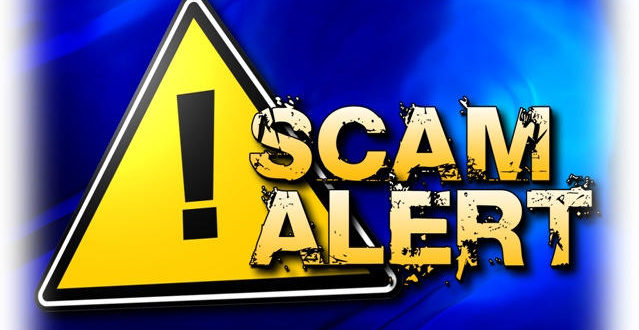From University Communications and Marketing
Members of the Campus Community,
A person claiming to be a clinical counselor for a local disability resource service has begun circulating emails around the University and has reached multiple students on campus.
Please be aware of emails from companies or people offering internships or a job as a personal assistant in order to make quick money. They also ask for personal information and promise long-term employment based on performance. Never distribute your personal home address or email address.
Potential victims are asked to run errands and make purchases for a work-study while the alleged counselor is out of the state.
Be cautious about unsolicited emails. They are often fraudulent. If you are familiar with the company or charity that sent you the email and you don’t want to receive further messages, send a reply asking to be removed from the email list. However, responding to unknown senders may simply verify that yours is a working email address and result in even more unwanted messages from strangers. The best approach may simply be to delete the email.
Don’t believe promises of easy money. If someone claims that you can earn money with little or no work, get a loan or credit card even if you have bad credit or make money on an investment with little or no risk, it’s probably a scam. Often, offers that seem too good to be true are actually too good to be true.
Don’t deposit a check and wire money back. By law, banks must make funds from deposited checks available within days, but uncovering a “fake check” can take weeks. If a check you deposit turns out to be a fake, you’re responsible for repaying the bank.
Talk to someone. Before you give up money or personal information, talk to someone you trust. Con artists want you to make decisions in a hurry. They might even threaten you. Slow down, check out the story, do an online search, consult an expert — or just tell a friend.
Don’t pay up front for a promise. Someone might ask you to pay in advance for things like debt relief, credit and loan offers, mortgage assistance or a job. They might even say you’ve won a prize, but first you have to pay taxes or fees. If you do, they will probably take the money and disappear.Double check email addresses to confirm that they include “@utc.edu” if claiming to be from UTC.
If you believe you have received emails that may be a phishing attempt, please call the University’s IT Department at 423-425-4000.
 Mocs News Reporting the news that matters most to UTC
Mocs News Reporting the news that matters most to UTC




